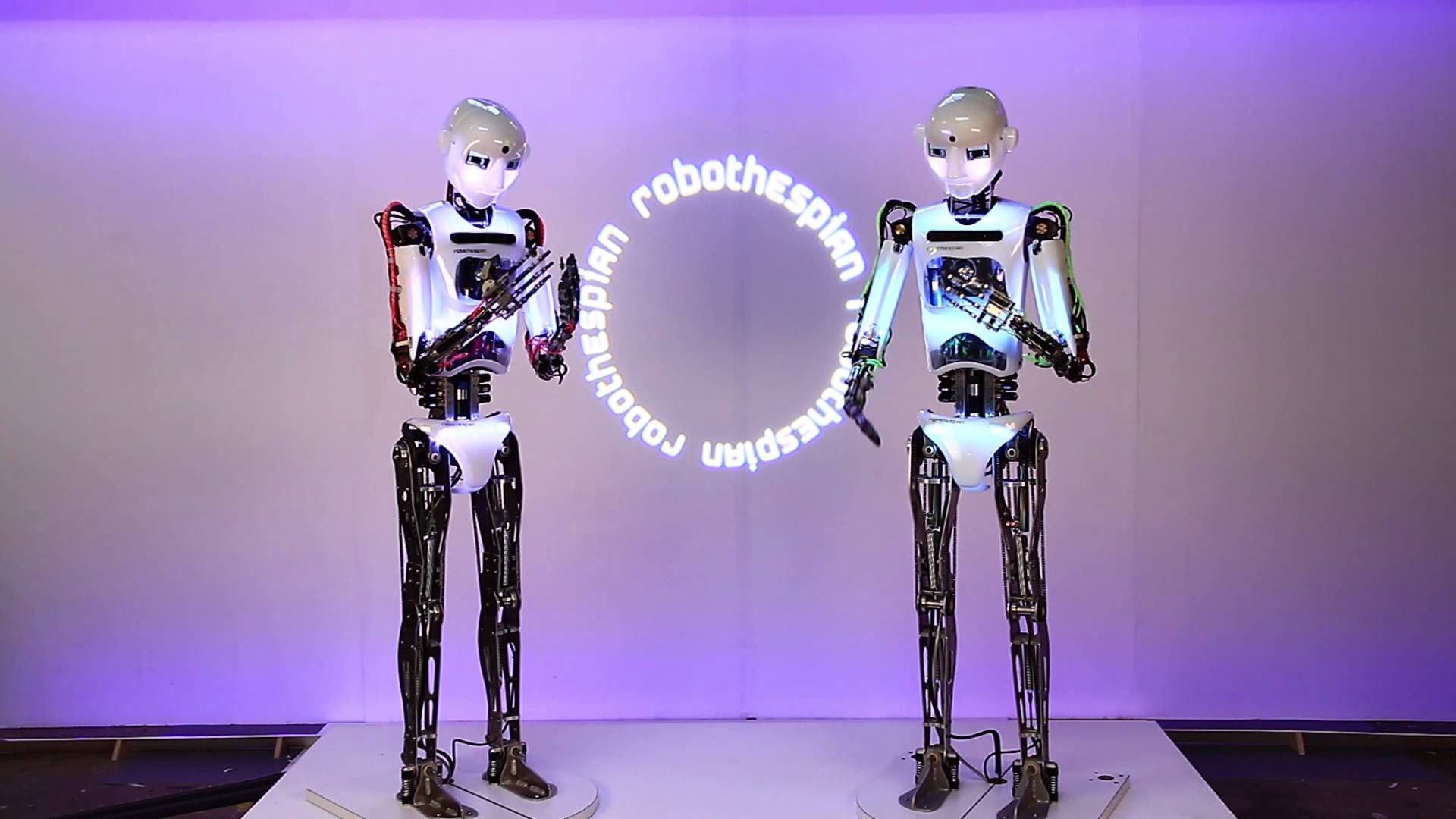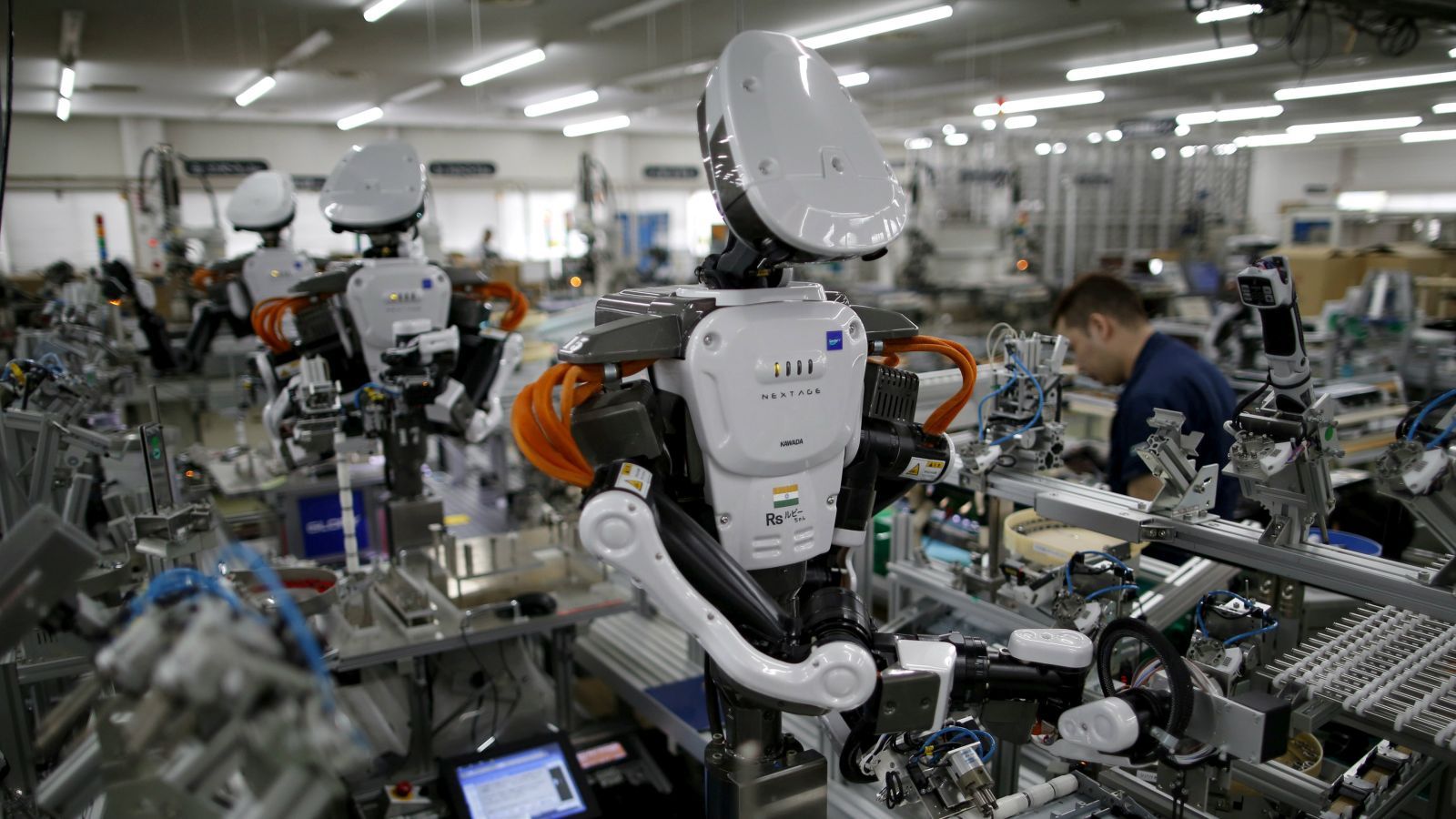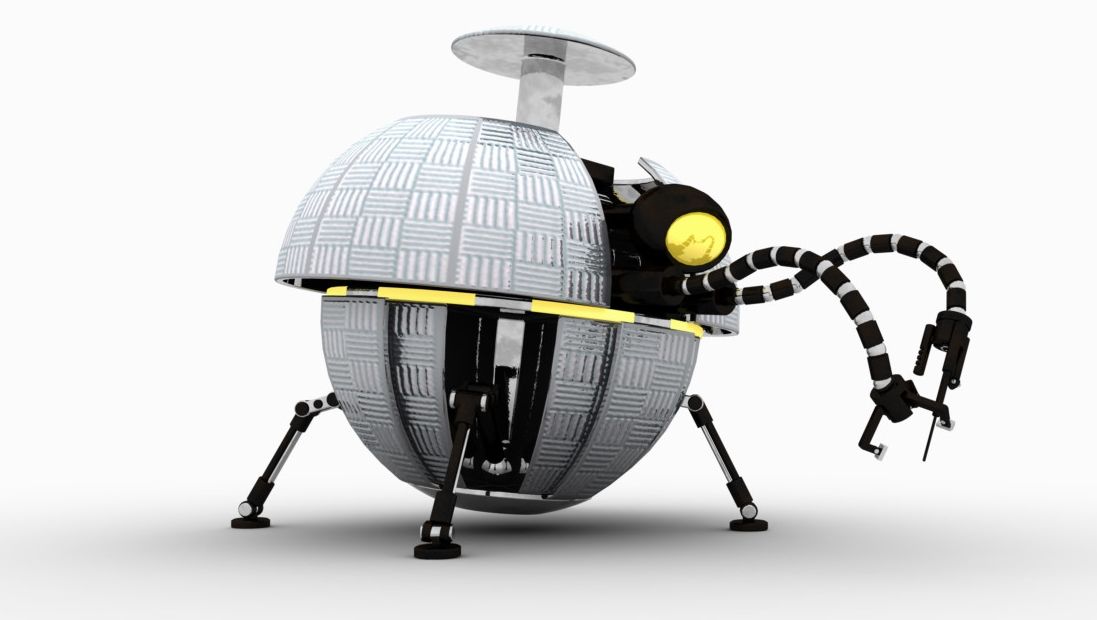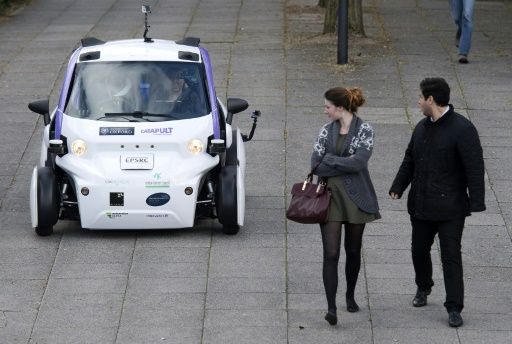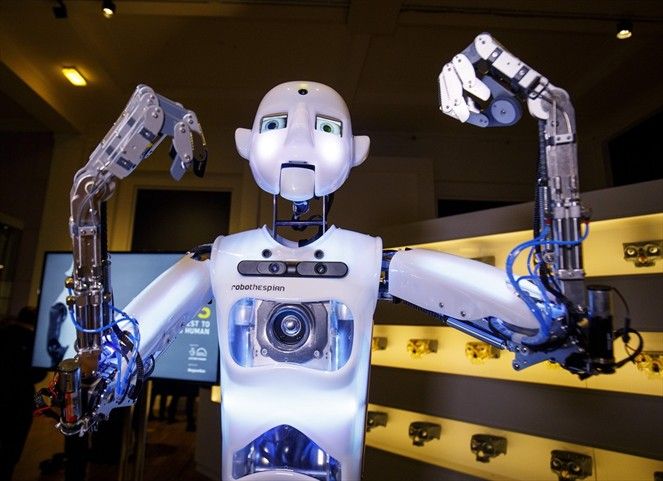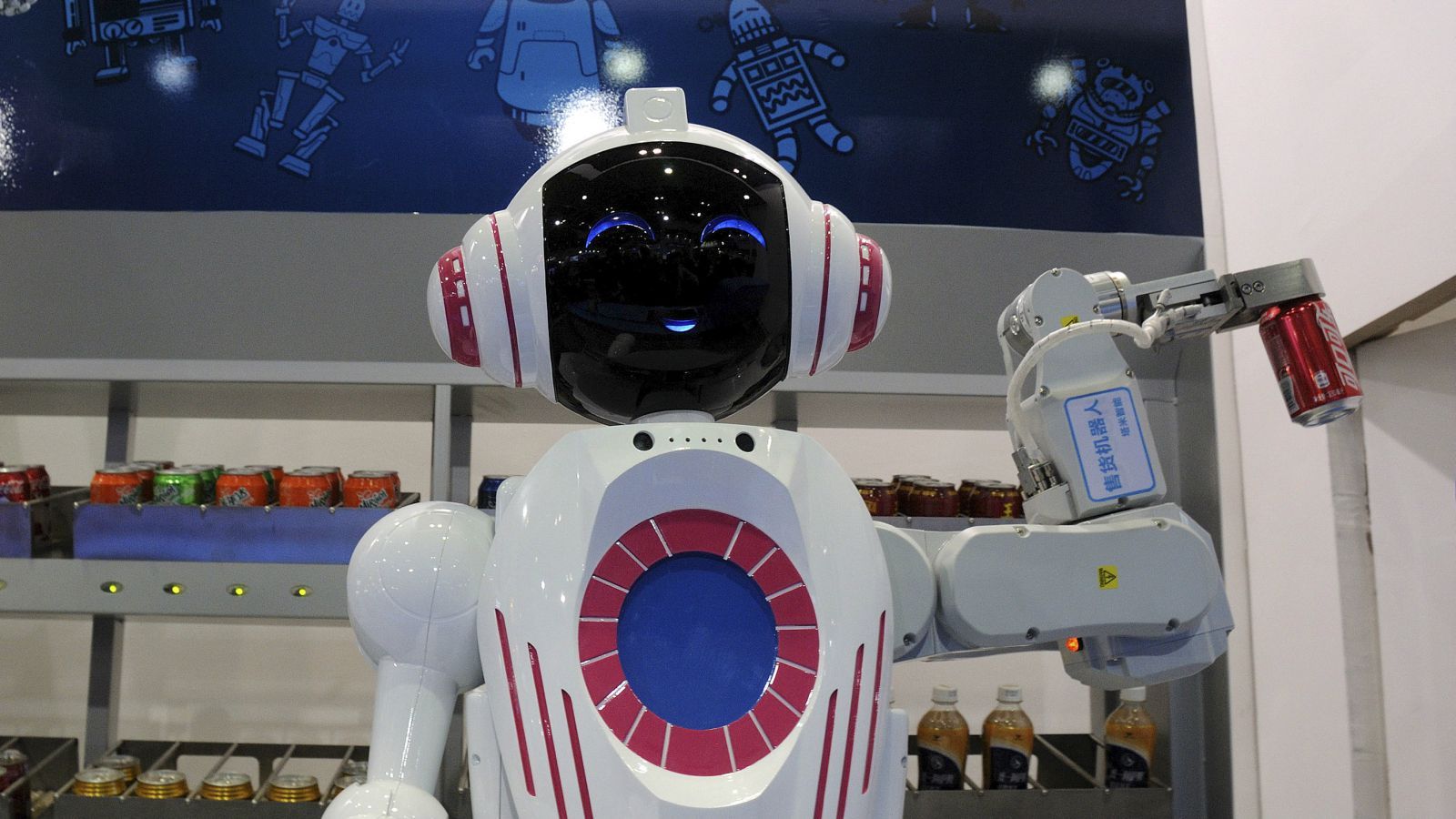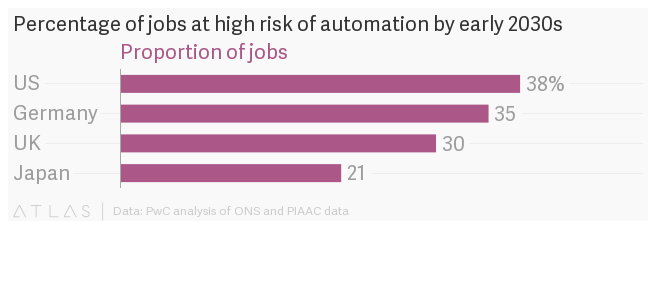Your job isn’t safe. Nearly half of the jobs in America today may soon be done by robots.
Robots will begin delivering Domino’s pizza starting this summer. The small, six-wheeled devices go 4 miles per hour and will drop the pizzas off within a one-mile radius of its stores in the Netherlands and Germany.
It’s part of a the robotification of American jobs. Indeed, almost half of the jobs in America are at risk of being done by robots on computers in the next two decades, a study by researchers at Oxford University found.
